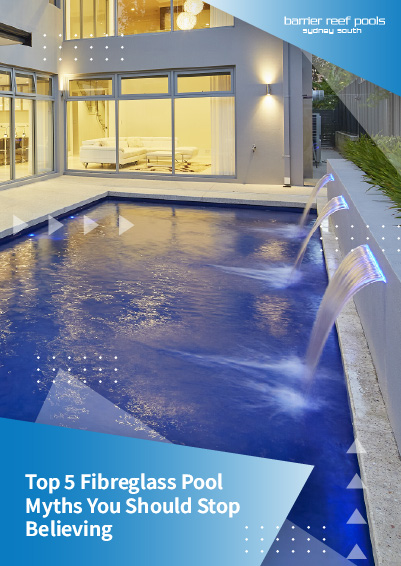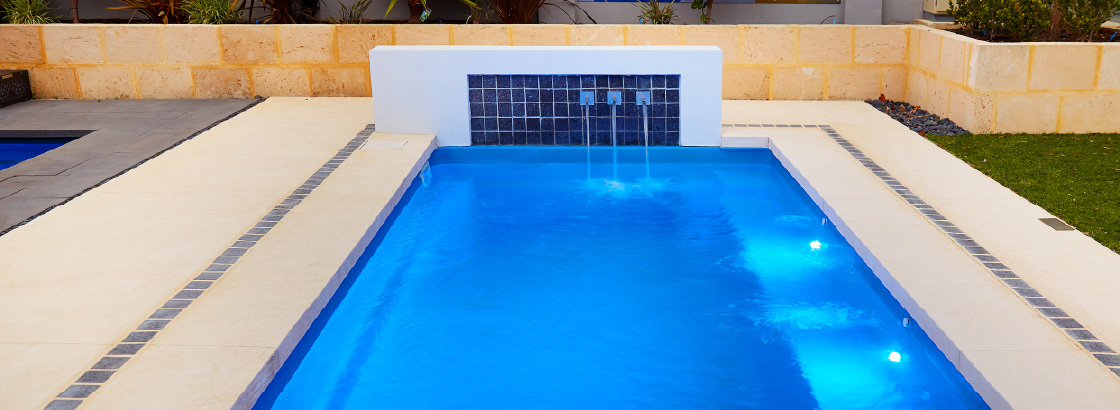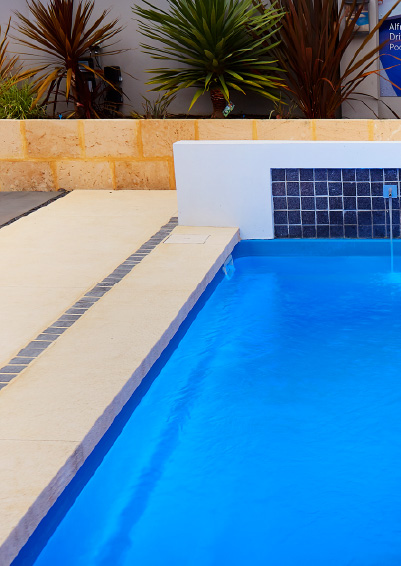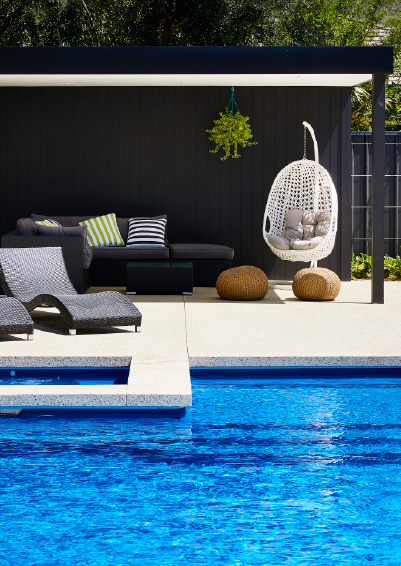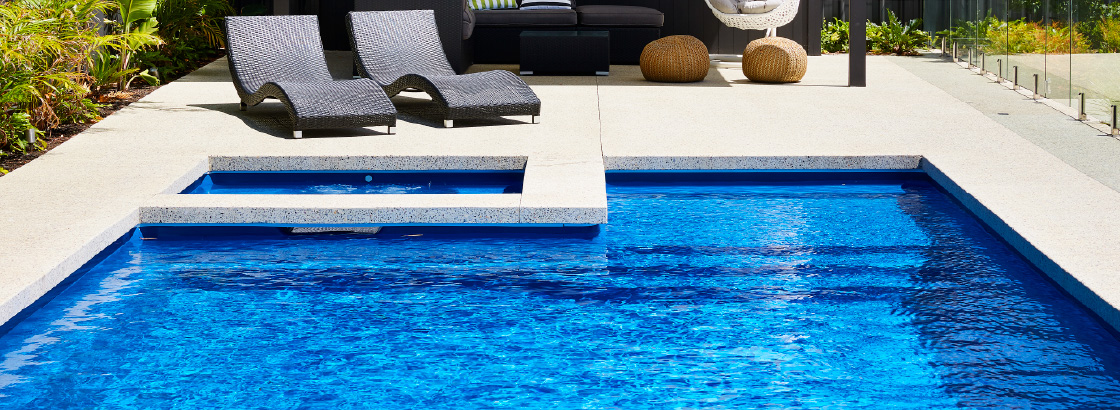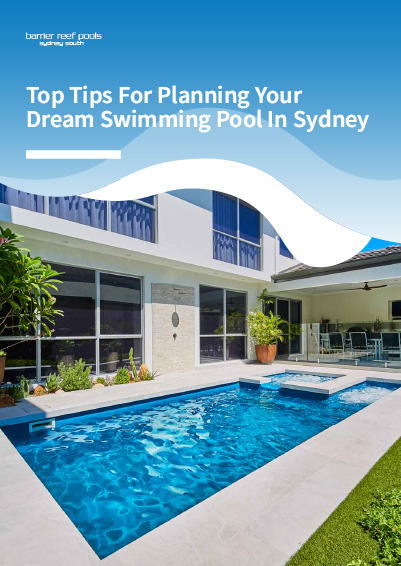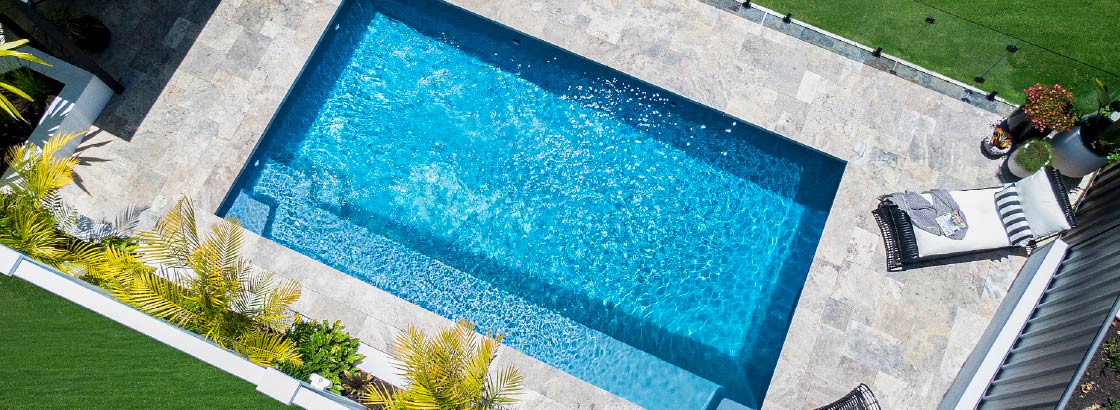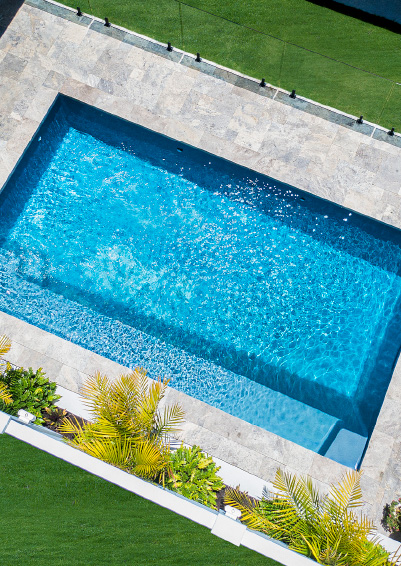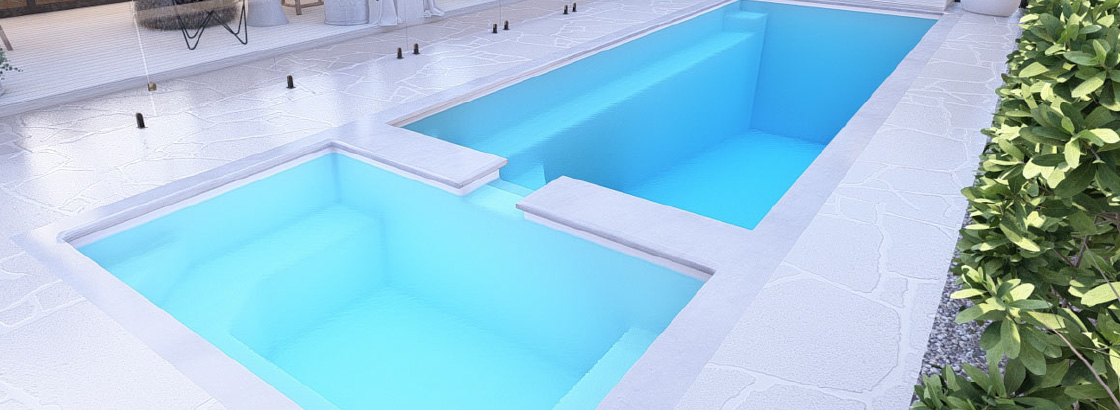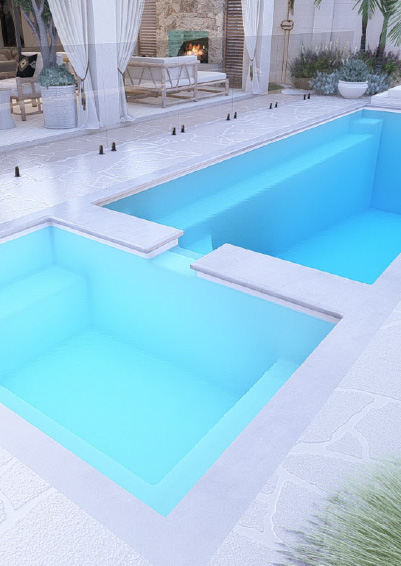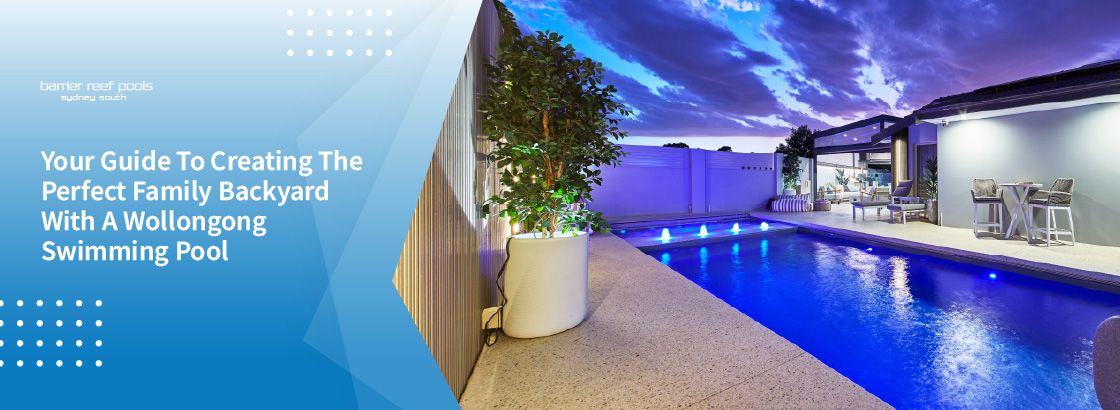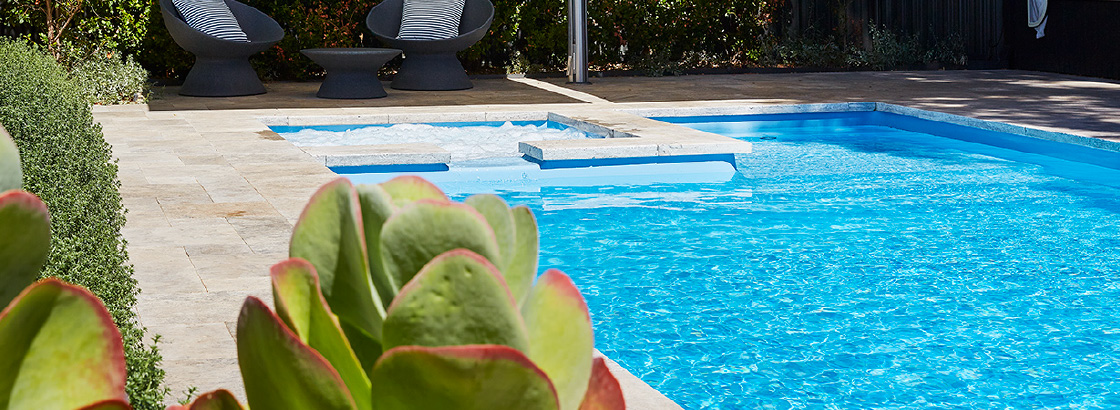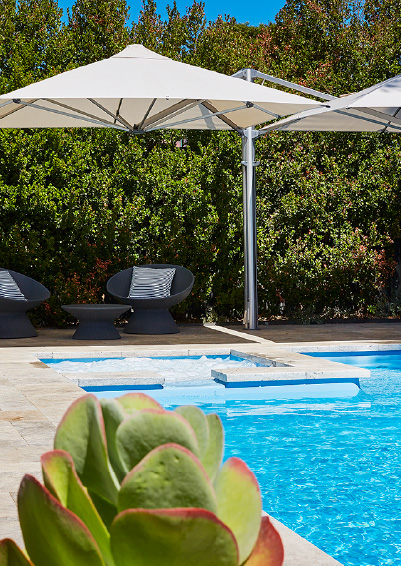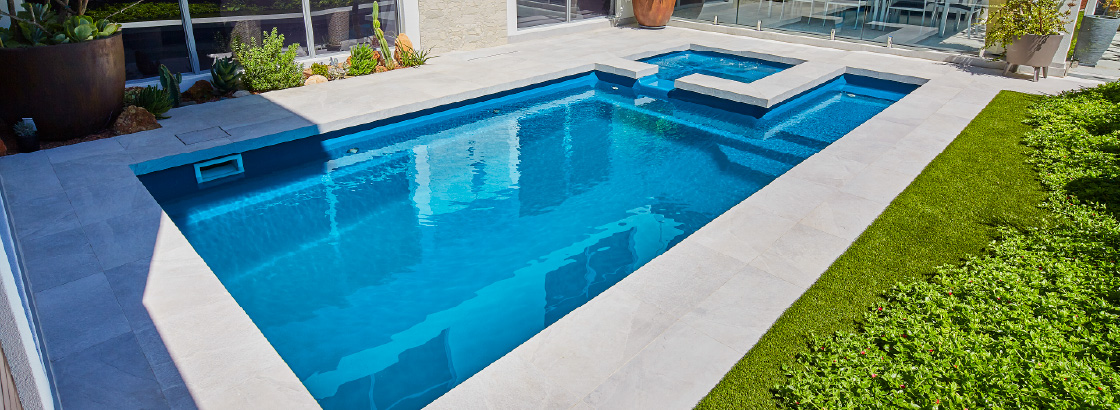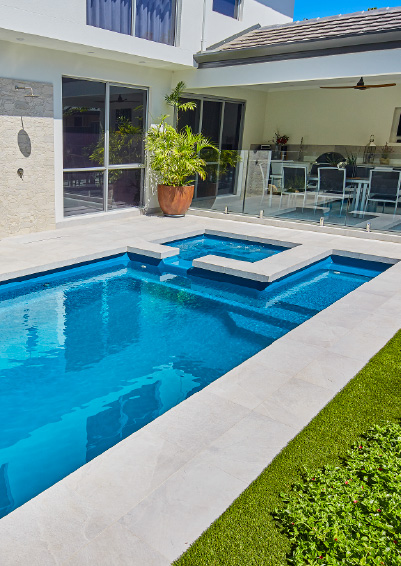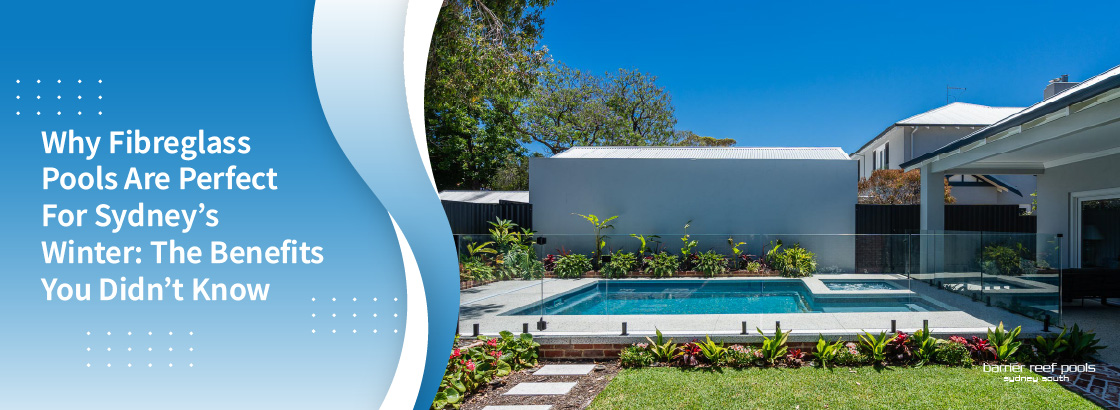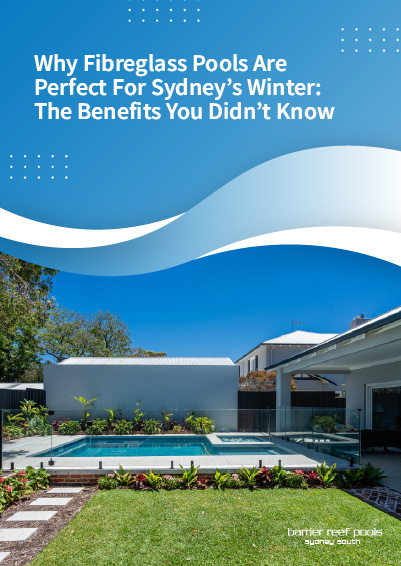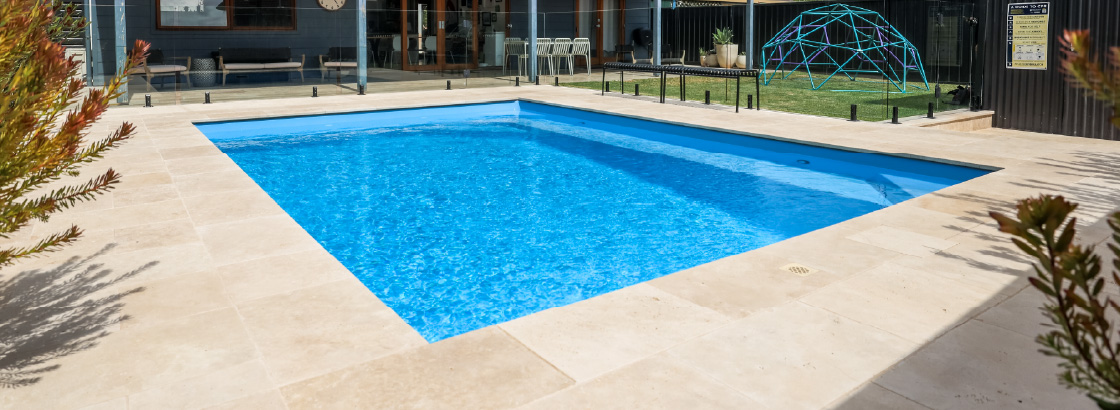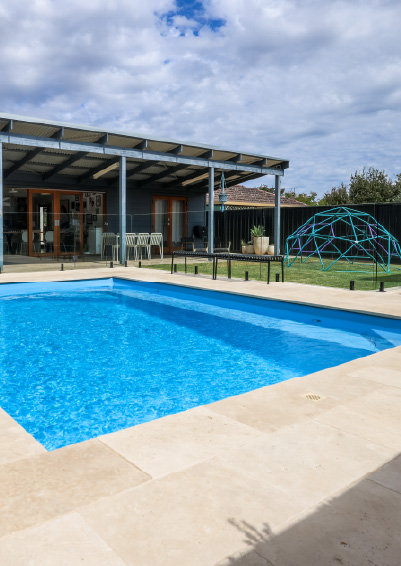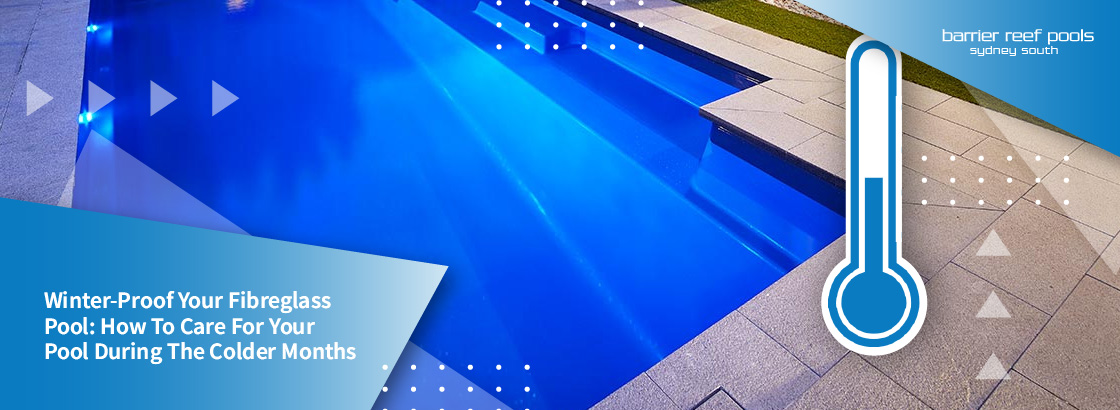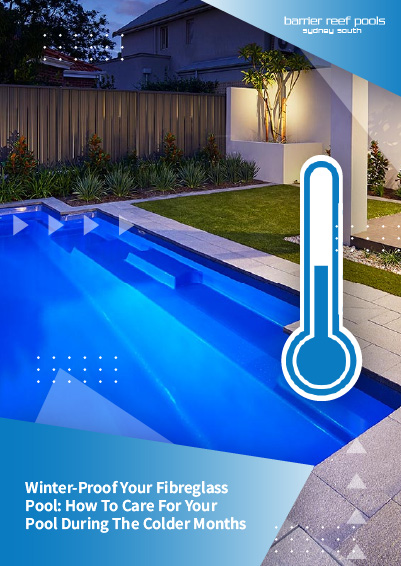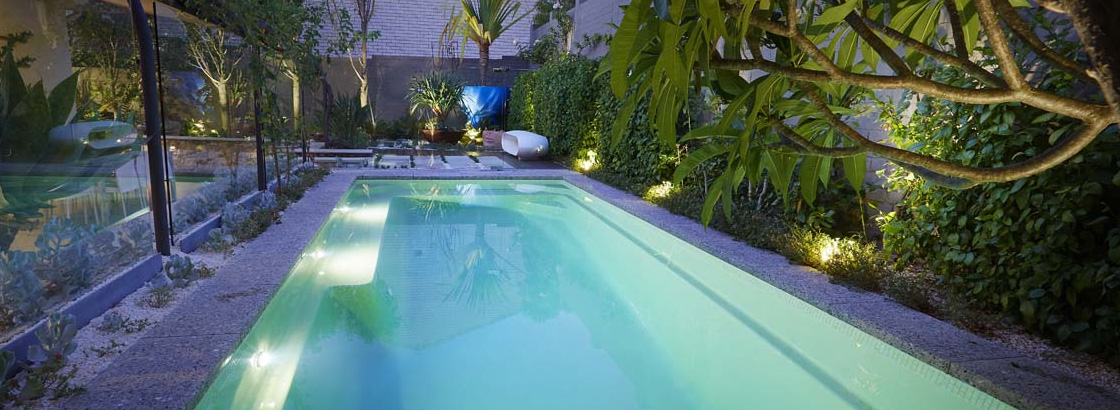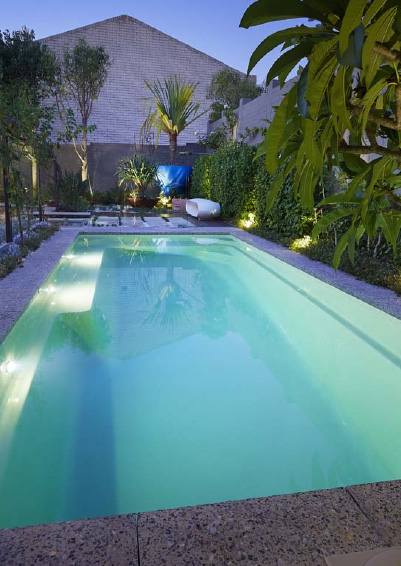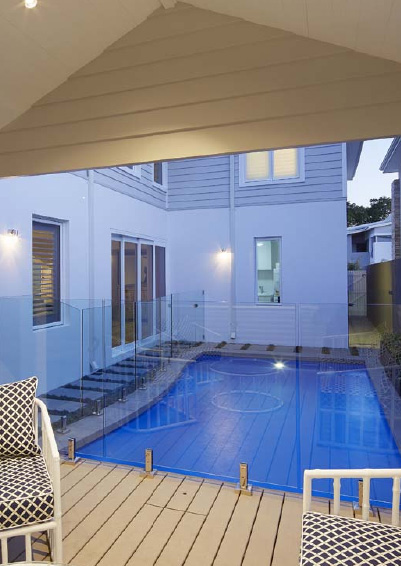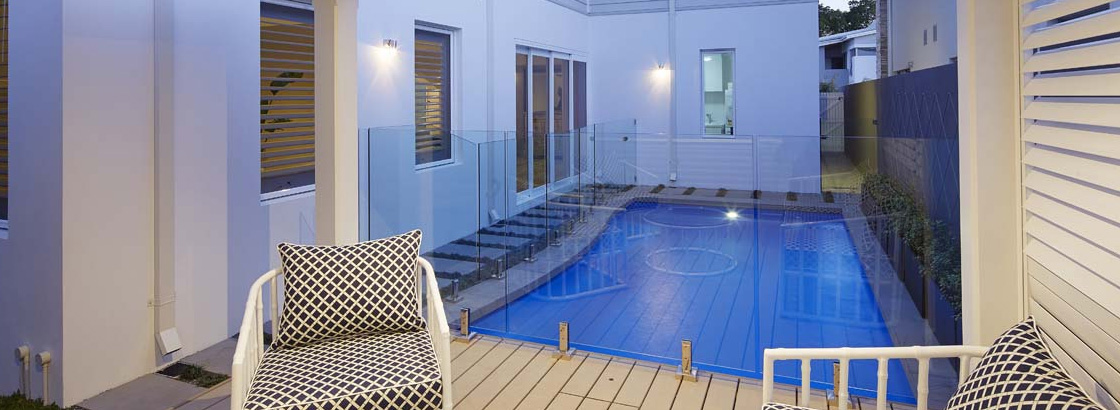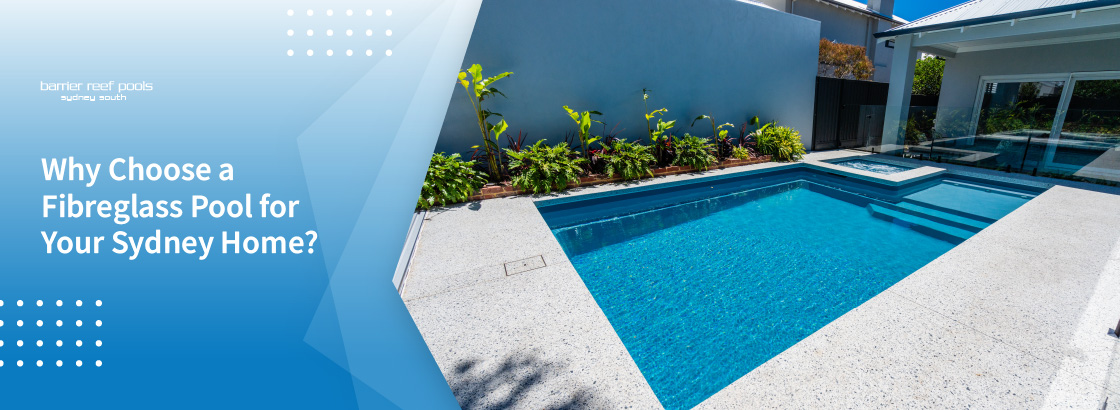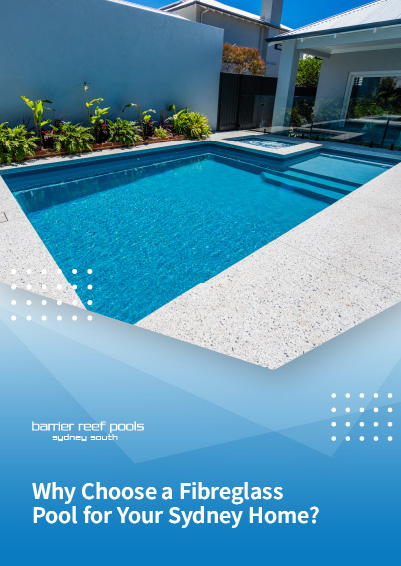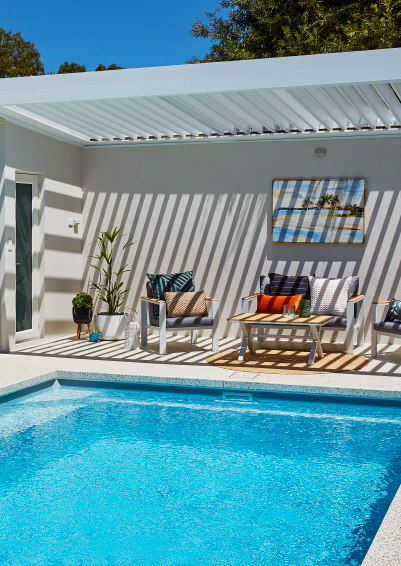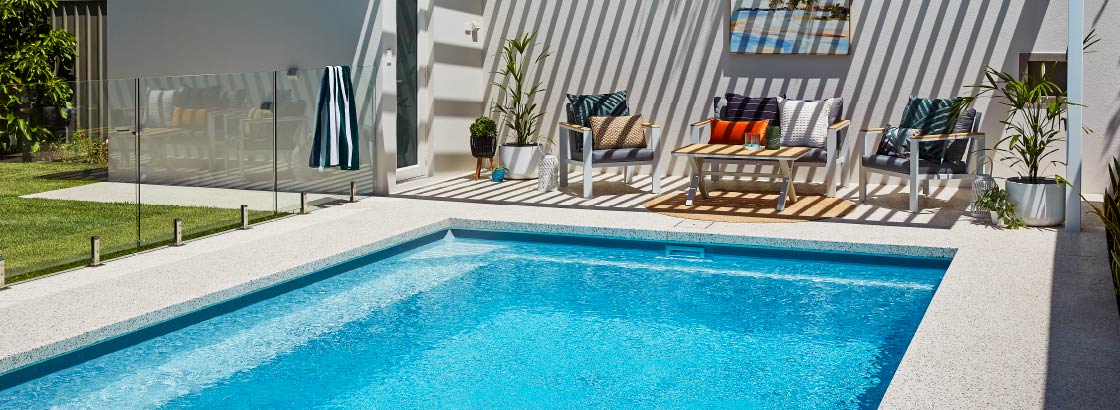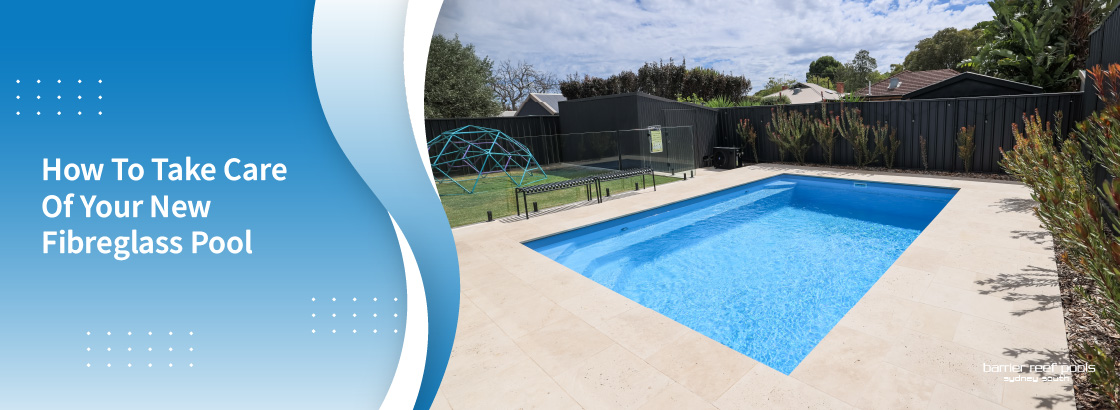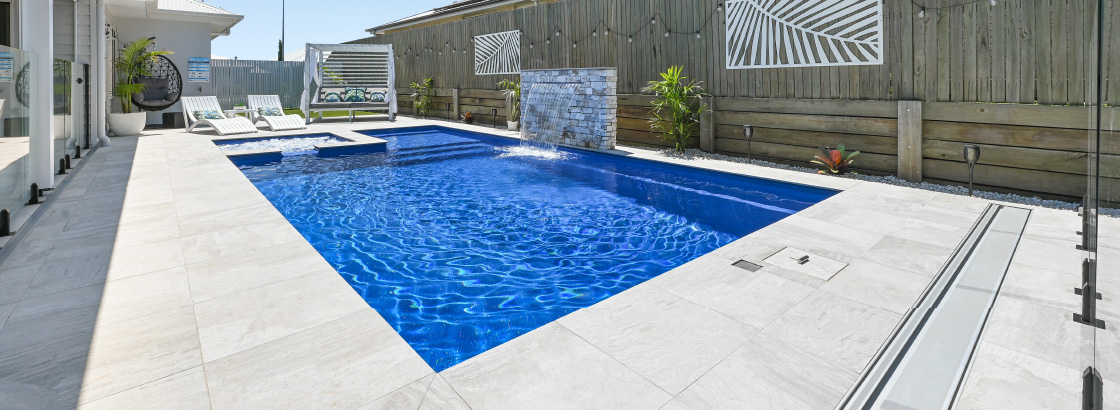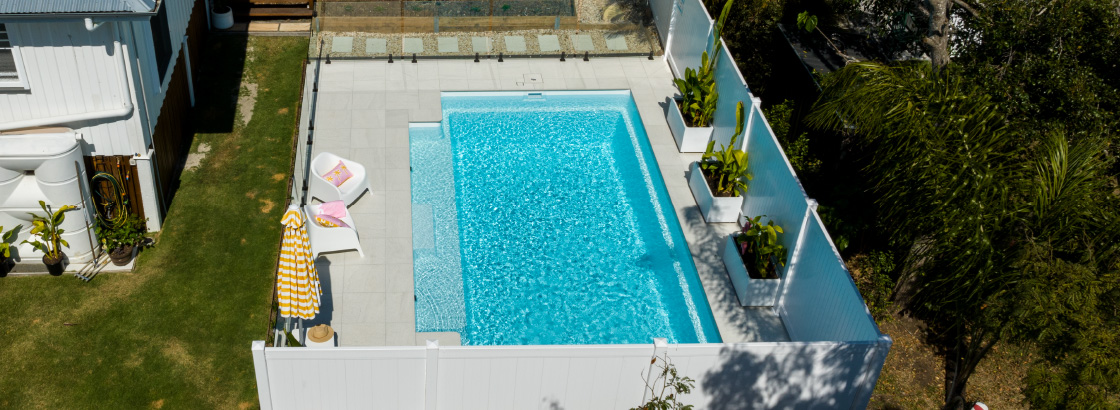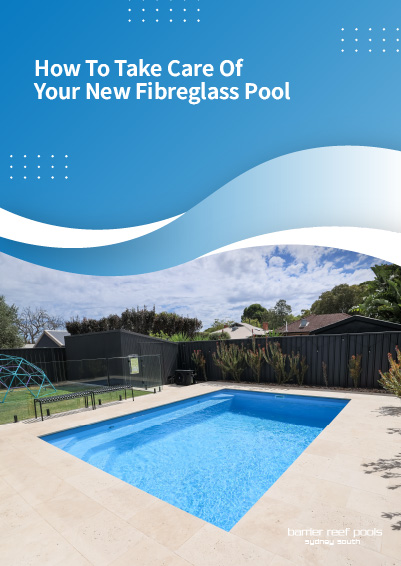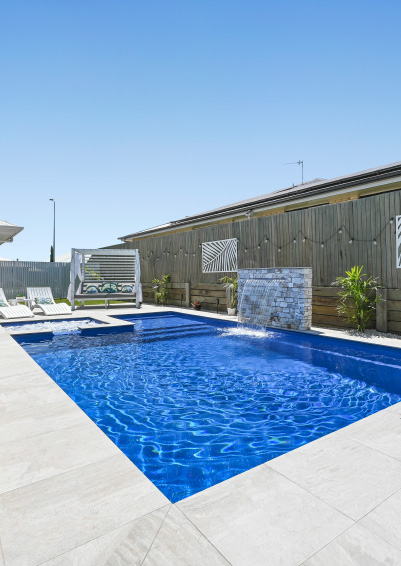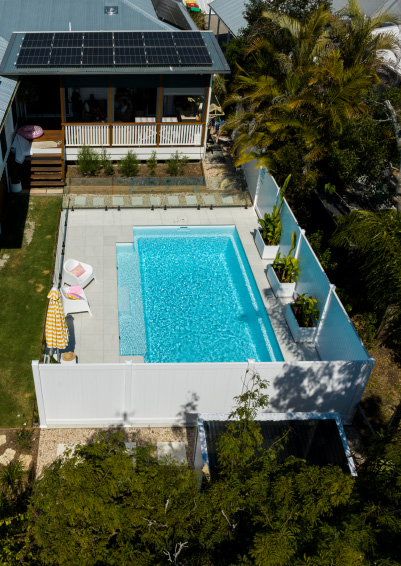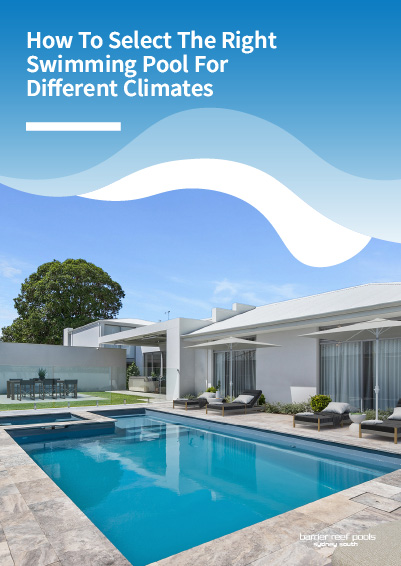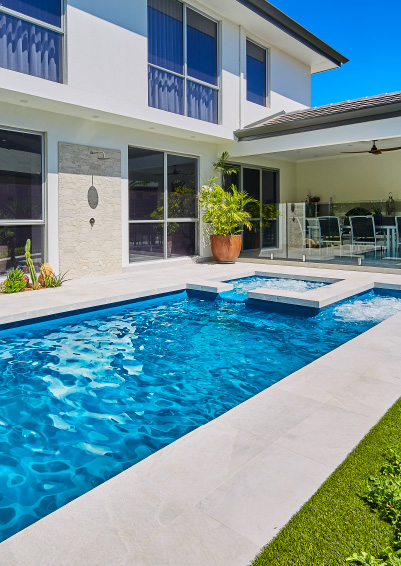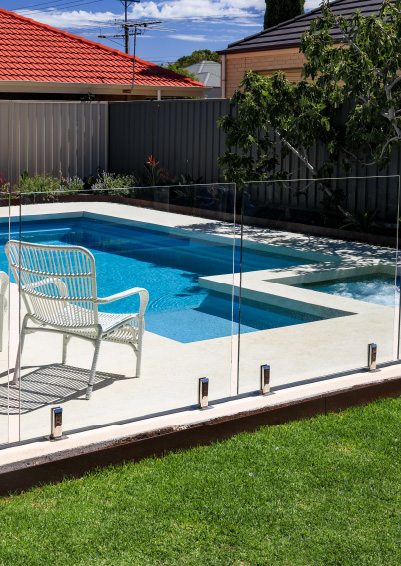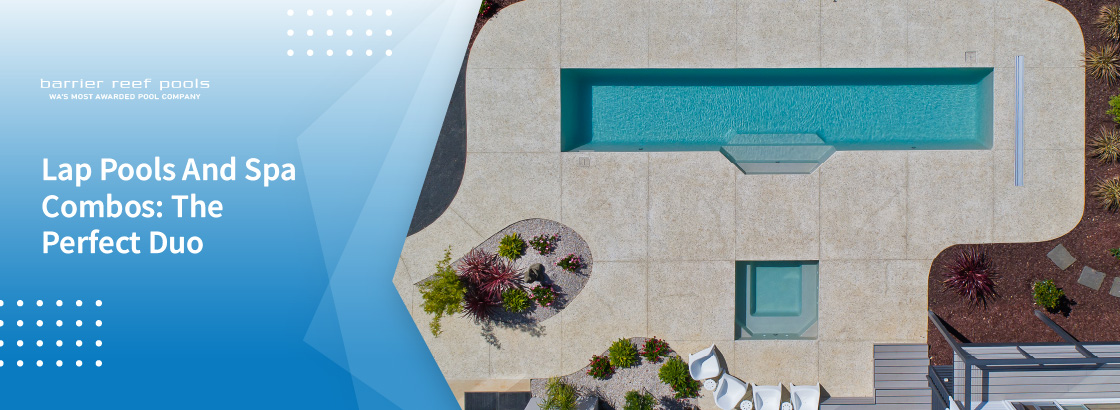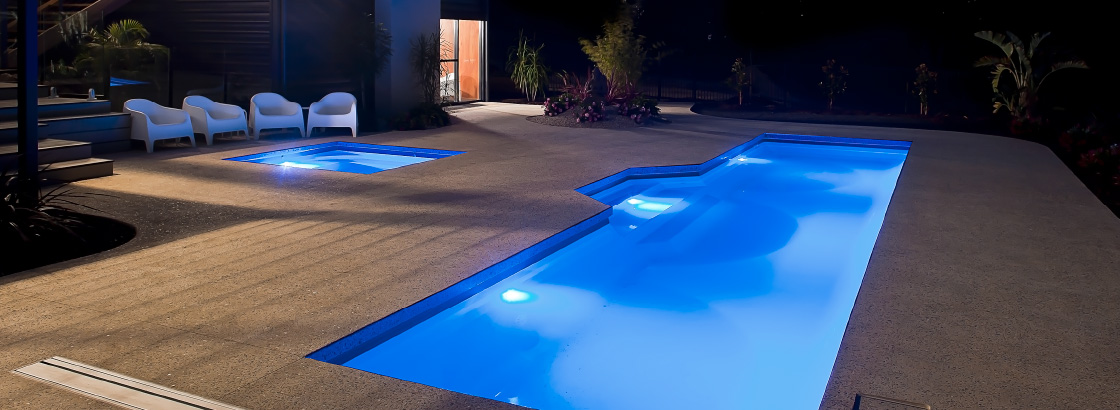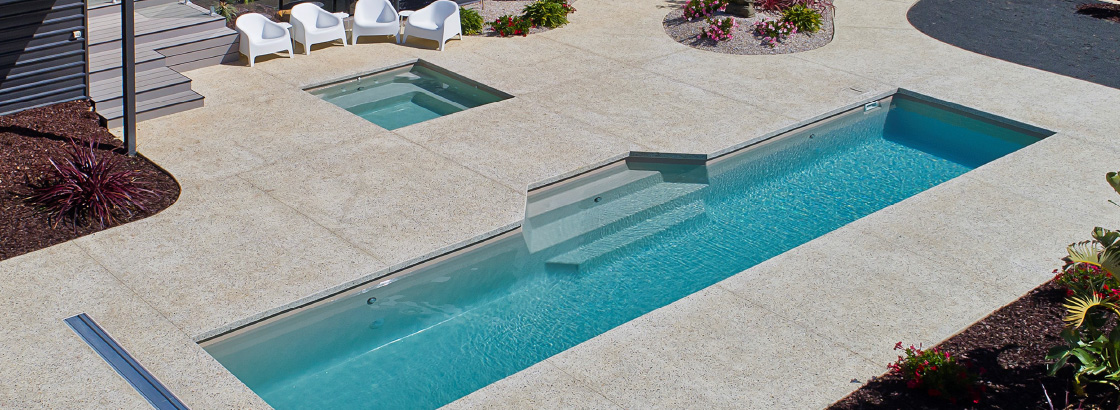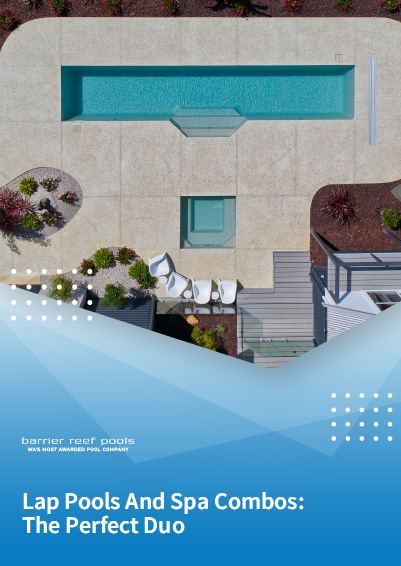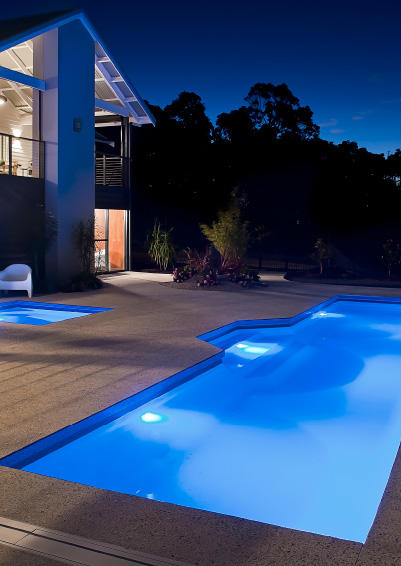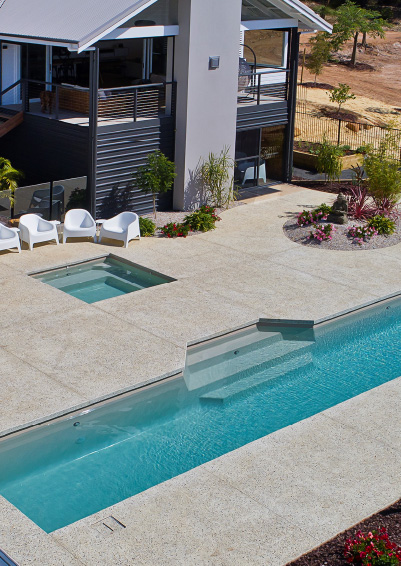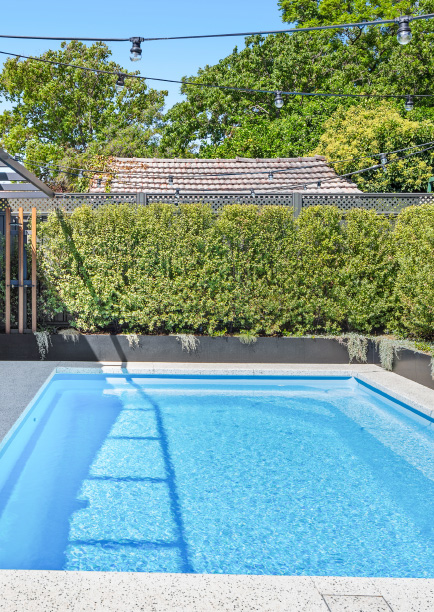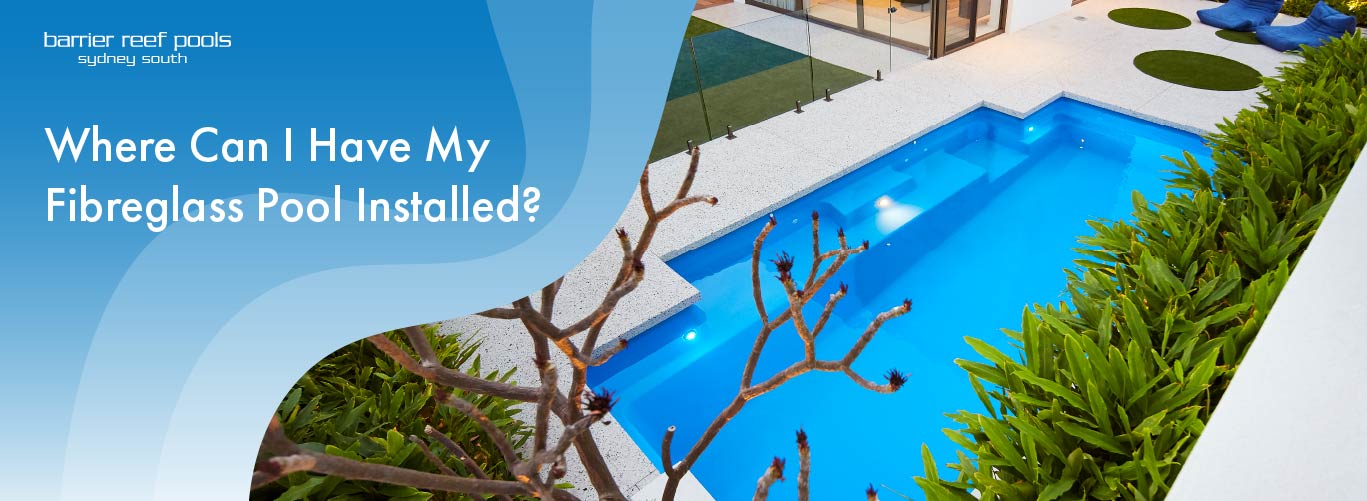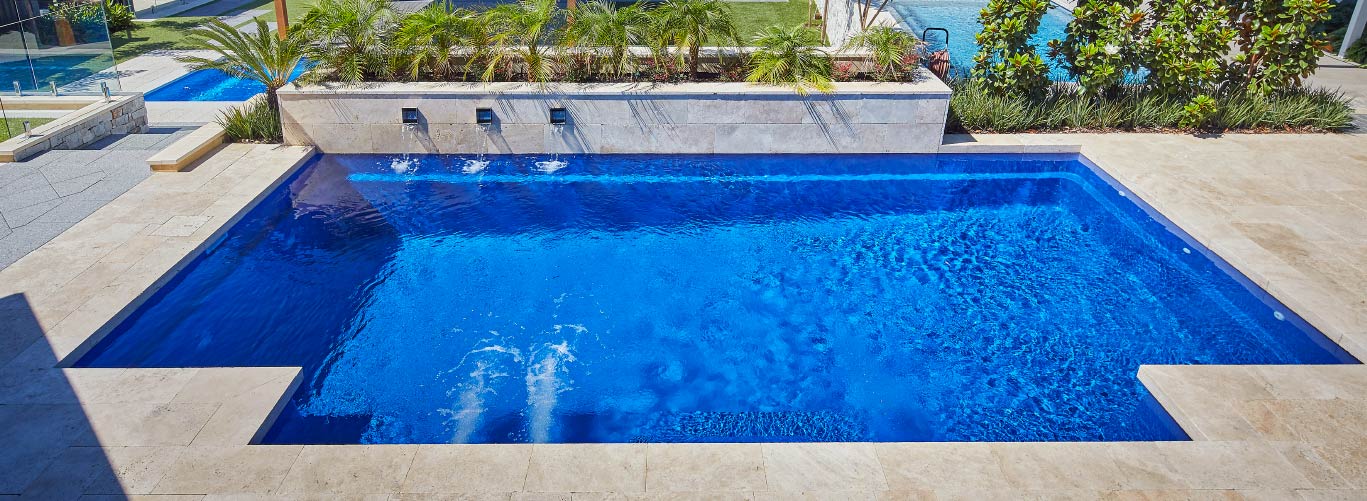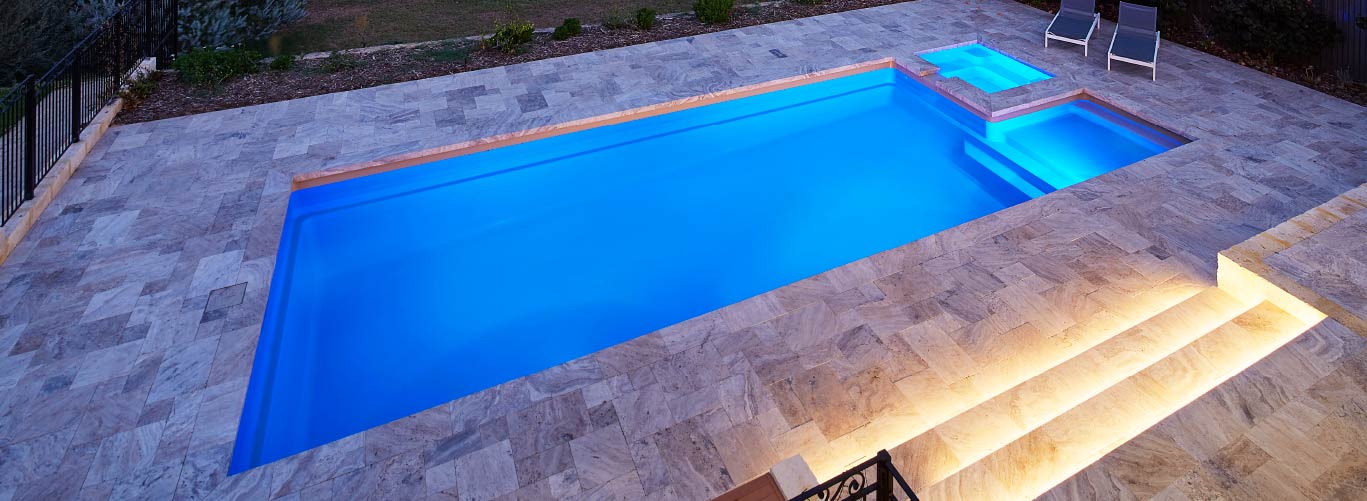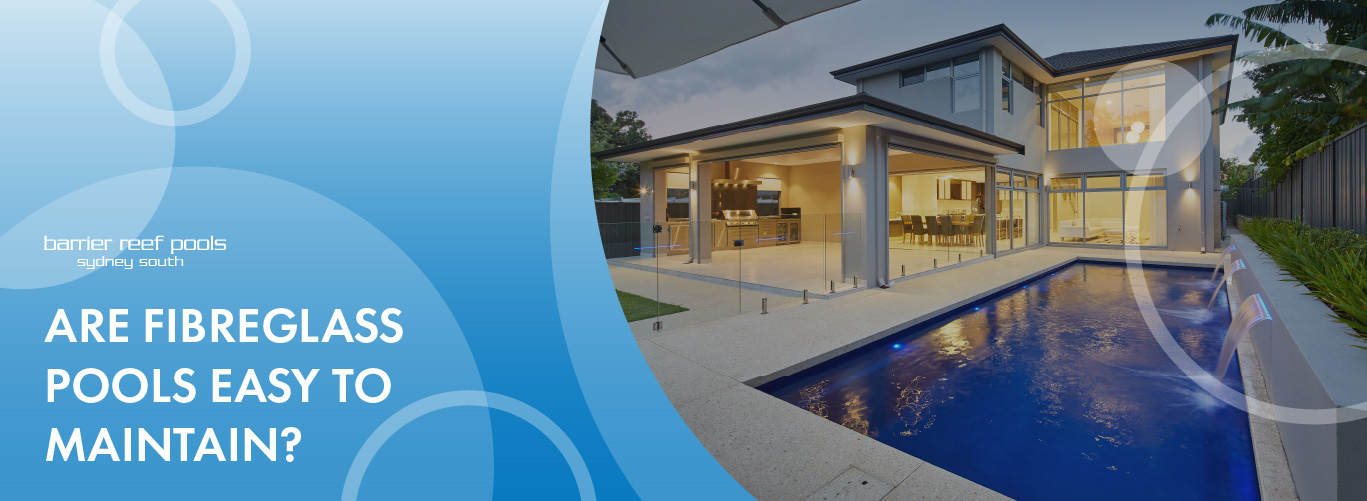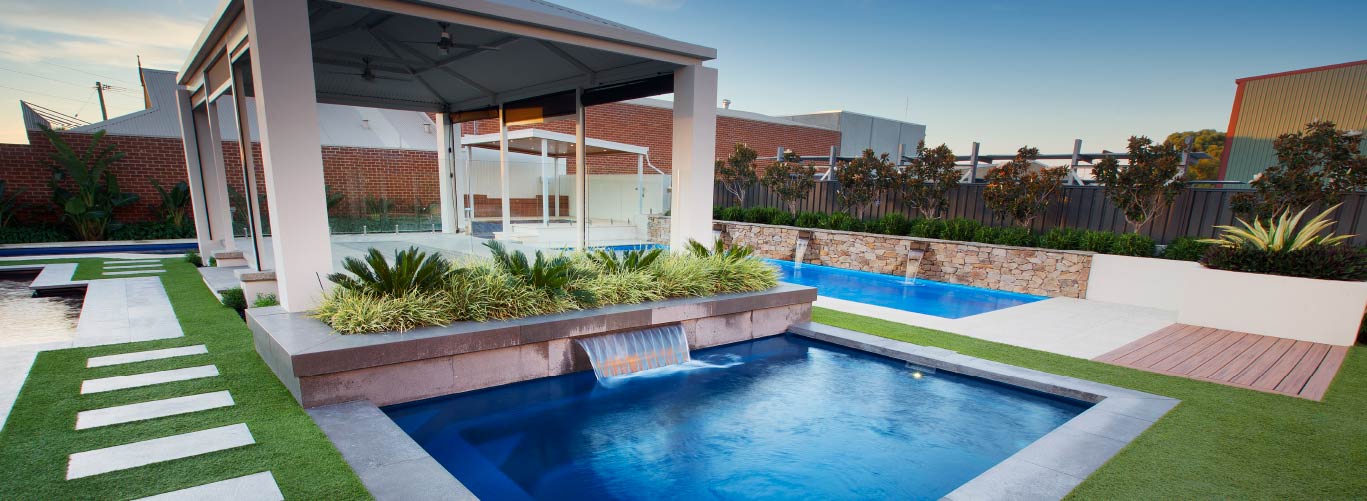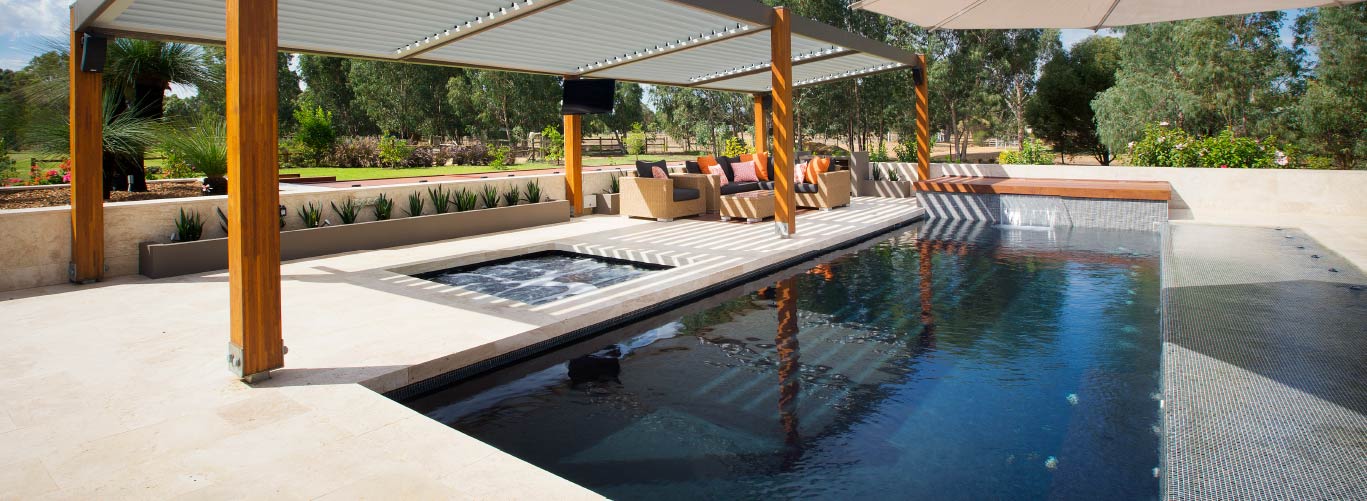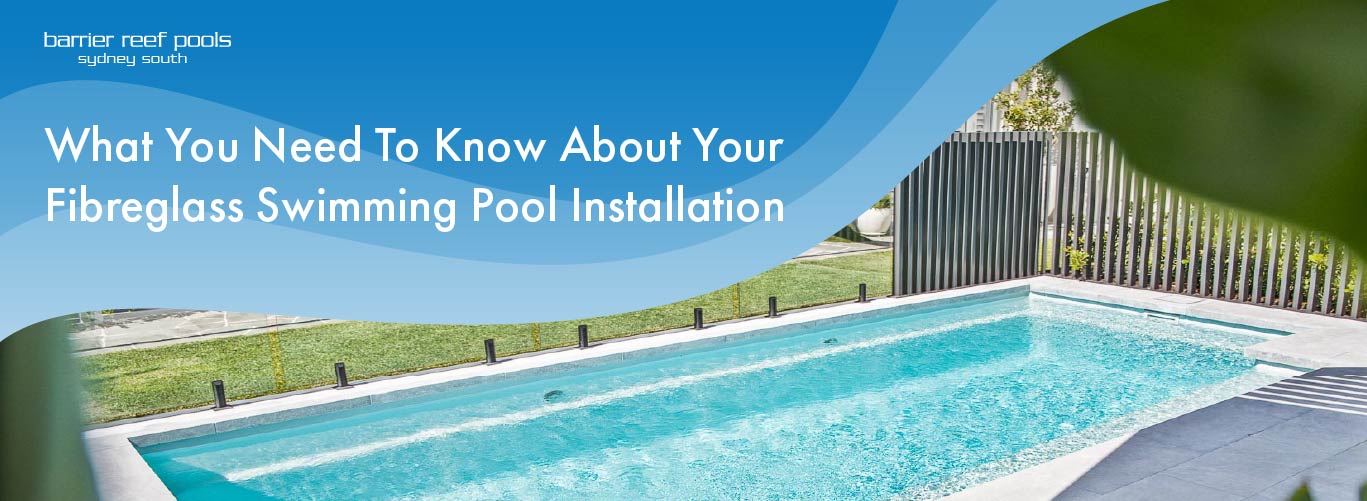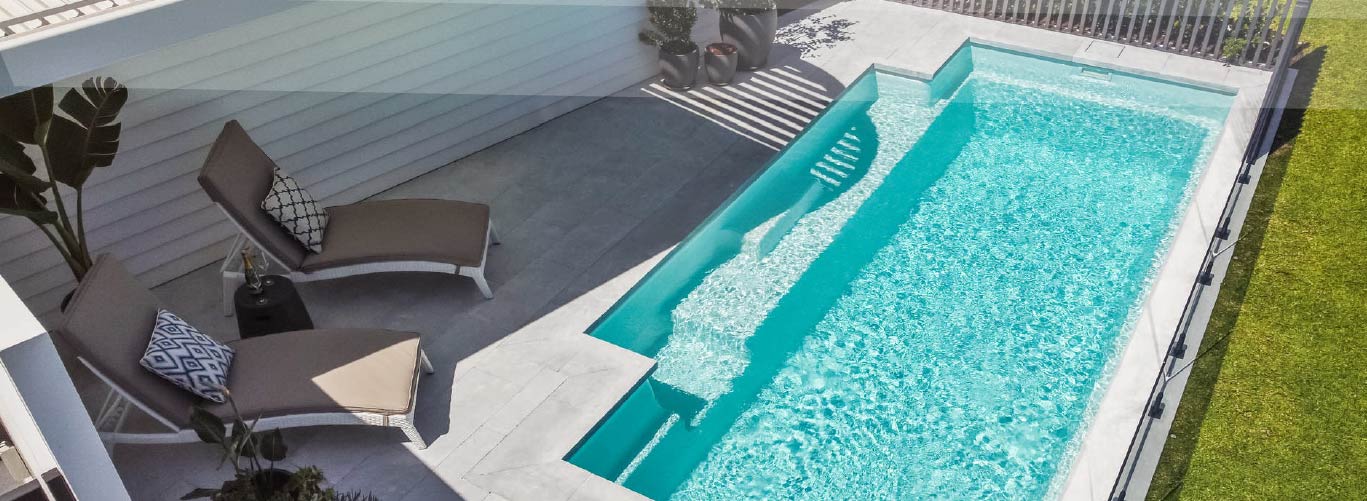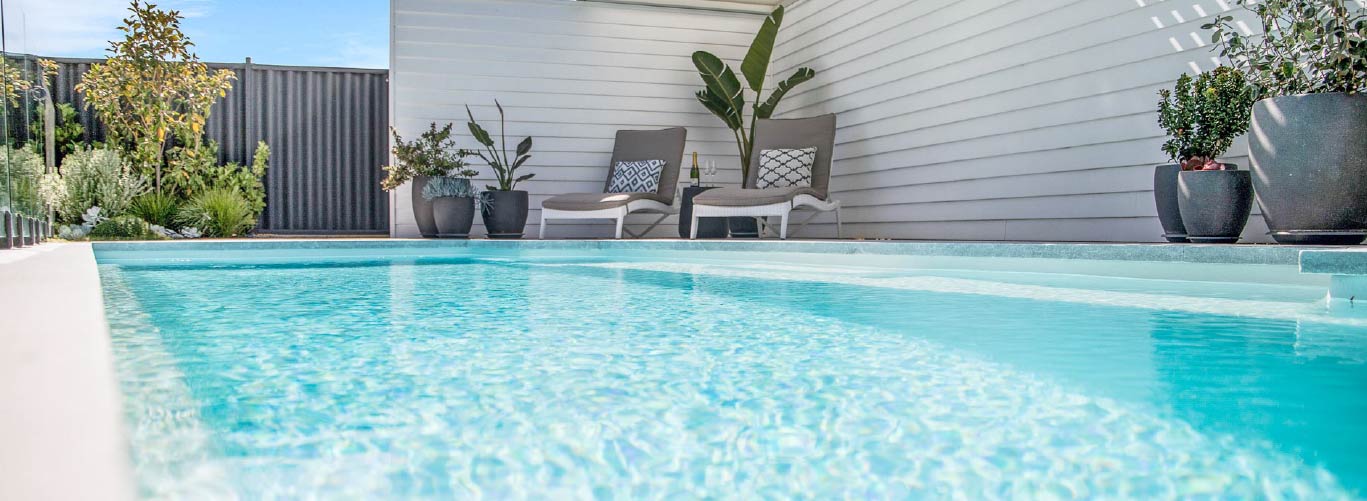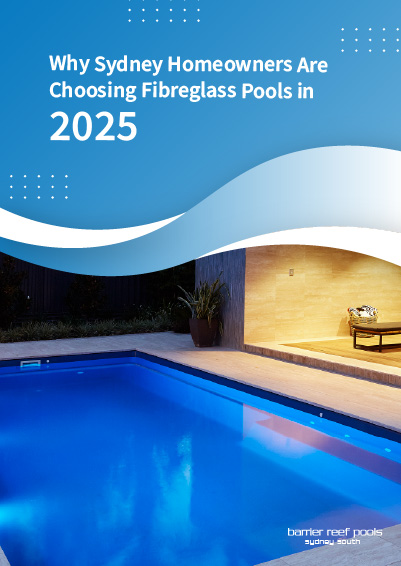
Why Sydney Homeowners Are Choosing Fibreglass Pools in 2025
The way Sydneysiders are designing their backyards is changing. With a growing focus on lifestyle, low maintenance, and long-term value, fibreglass pools have become the top choice for homeowners across Sydney in 2025. Whether it’s a compact plunge pool for an inner-city courtyard or a family-sized design for the suburbs, these modern pools are transforming outdoor living spaces across New South Wales. In this article, we explore why fibreglass pools are leading the way, what makes them different from
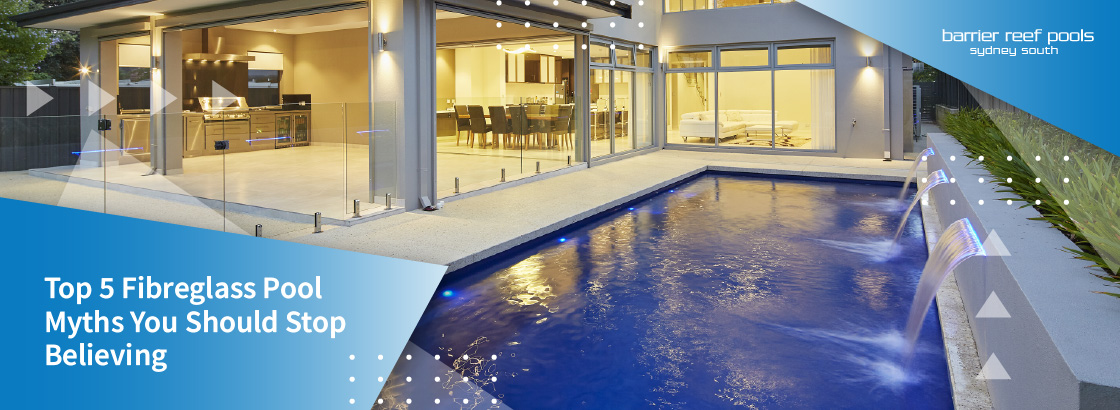
1. Faster Installation Means Enjoying Your Pool Sooner
Sydney’s climate is perfect for pool living almost all year round, so homeowners want to make the most of it. One of the biggest advantages of fibreglass pools is how quickly they can be installed.
Unlike concrete pools—which can take months of excavation, formwork, and curing—fibreglass shells are pre-manufactured and delivered ready to install. Most projects can be completed in as little as two to four weeks, depending on the site and landscaping.
For busy Sydney families, this means less disruption and a faster path to enjoying summer in their new pool. It’s no surprise that speed and convenience have made fibreglass the pool of choice in 2025.
2. Low Maintenance and Long-Term Durability
Sydney’s climate is perfect for pool living almost all year round, so homeowners want to make the most of it. One of the biggest advantages of fibreglass pools is how quickly they can be installed.
Unlike concrete pools—which can take months of excavation, formwork, and curing—fibreglass shells are pre-manufactured and delivered ready to install. Most projects can be completed in as little as two to four weeks, depending on the site and landscaping.
For busy Sydney families, this means less disruption and a faster path to enjoying summer in their new pool. It’s no surprise that speed and convenience have made fibreglass the pool of choice in 2025.
3. Energy Efficiency and Sustainability Matter More Than Ever
As sustainability becomes a top priority for Sydney homeowners, fibreglass pools have gained even more appeal.
Their smooth finish and efficient filtration systems mean less water and energy are required to keep the pool clean and balanced. Many modern designs are also compatible with energy-efficient pumps, LED lighting, and solar heating systems, helping homeowners reduce their environmental footprint and save on running costs.
Smaller pool designs—such as plunge pools—are particularly popular in 2025, offering all the luxury of a private pool while using less water and space. These compact fibreglass options fit perfectly in Sydney’s tighter urban blocks and require minimal upkeep.
4. Stylish Designs That Suit Every Sydney Home
Fibreglass pools are no longer limited to basic shapes and colours. Today’s designs offer a wide range of modern styles, from sleek lap pools to curved resort-style models and minimalist plunge pools.
Manufacturers are also offering customised finishes, such as shimmering colours, built-in spa jets, bench seating, and water features—all pre-moulded into the shell.
For homes in areas like the Northern Beaches, the Hills District, or the Inner West, fibreglass pools can be tailored to match architectural styles, landscaping, and personal preferences. Homeowners can now achieve the same visual appeal as high-end concrete pools—but at a fraction of the cost and time.
5. Perfect for Compact Backyards: The Rise of the Plunge Pool
Sydney’s urban density means many properties have limited outdoor space. That’s where plunge pools come in—compact, stylish, and increasingly popular in 2025.
Plunge pools are small fibreglass pools designed for cooling off, relaxing, or even exercising with resistance jets. They can fit into tight spaces like courtyards or side yards, making them ideal for homes in inner-city suburbs.
Despite their size, modern plunge pools can include luxury features such as LED lighting, spa seating, and heating systems. They’re also more affordable to run, making them a smart investment for homeowners who want the benefits of a pool without the high maintenance.
Their smooth finish and efficient filtration systems mean less water and energy are required to keep the pool clean and balanced. Many modern designs are also compatible with energy-efficient pumps, LED lighting, and solar heating systems, helping homeowners reduce their environmental footprint and save on running costs.
Smaller pool designs—such as plunge pools—are particularly popular in 2025, offering all the luxury of a private pool while using less water and space. These compact fibreglass options fit perfectly in Sydney’s tighter urban blocks and require minimal upkeep.
6. Long-Term Value and Return on Investment
Installing a fibreglass pool is more than a lifestyle choice—it’s also a smart investment. In Sydney’s competitive property market, a well-designed pool can significantly increase a home’s value and buyer appeal.
Because fibreglass pools are known for their low maintenance and modern aesthetic, they attract potential buyers looking for a “move-in ready” home. The sleek design and durability of these pools add lasting value while reducing long-term upkeep costs.
Whether it’s a full-size family pool in the suburbs or a small plunge pool in the city, homeowners are seeing real returns both in lifestyle and property value.
7. A Stress-Free Installation Process
One of the biggest reasons fibreglass pools are dominating the Sydney market in 2025 is the streamlined installation process.
Most reputable pool builders handle everything—from council approvals and excavation to crane delivery and final landscaping. Since the fibreglass shell is delivered as a single piece, the risk of structural issues during installation is low.
For homeowners juggling busy schedules, this stress-free process makes fibreglass pools a practical choice that doesn’t sacrifice quality or design.
8. The Future of Pool Living in Sydney
Sydney homeowners in 2025 are looking for more than just a swimming pool—they’re looking for a complete outdoor lifestyle. Fibreglass pools offer the perfect blend of luxury, simplicity, and value.
They’re durable, energy-efficient, visually stunning, and quick to install. Combined with trending features like smart pool automation, LED lighting, and custom landscaping, fibreglass pools are helping homeowners transform their backyards into modern retreats.
For those with smaller properties, plunge pools provide the same sense of relaxation and luxury—just on a more compact scale.
Conclusion: Why Fibreglass Pools Are Here to Stay
From their smooth, low-maintenance finish to their fast installation and energy efficiency, fibreglass pools have proven themselves as the ideal choice for modern Sydney living.
As homeowners continue to prioritise sustainability, comfort, and outdoor living, fibreglass pools—and their smaller counterparts, plunge pools—will only grow in popularity.
In 2025, the trend is clear: Sydney homeowners aren’t just buying pools. They’re investing in lifestyle, quality, and long-term value.
Ready to enjoy a beautiful, low-maintenance pool in your backyard? Choose a trusted fibreglass pool provider to guide you through selection, installation, and ongoing care, and start creating your perfect swimming space today.

